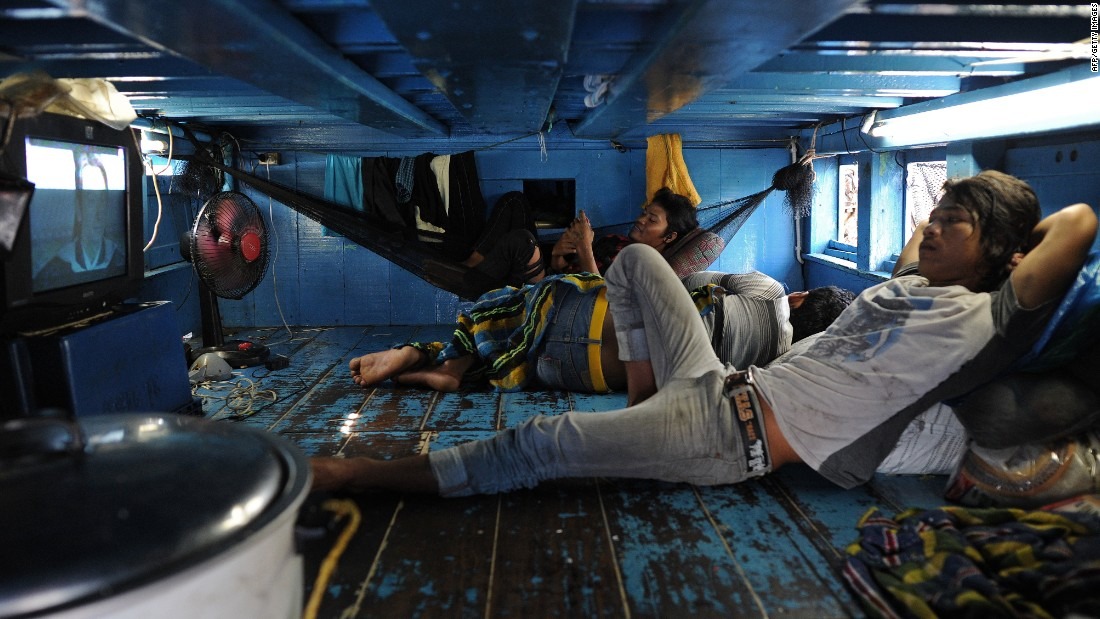Human trafficking is a global issue where hopeful workers are deceived, often by people they trust, and end up as victims of forced labor. Thailand persists to be a substantial source, destination and transit country for human trafficking. When perpetrators are captured, their assets are seized and it is reasonable to assume that at least part of it should go towards victim compensation. A recent study carried out by Rapid Asia on behalf of Liberty Asia, found that whilst Thailand has adopted a more victim-centric approach, compensations are few and far between.
In recent years, significant improvements have been made to the legal framework tackling human trafficking in Thailand. Amongst others, the Royal Thai government has attempted to implement a state fund to set aside funds for victim compensation and increase the availability of legal aid. The Ministry of Social Affairs and Human Security has also drafted guidelines to ensure compensation can be calculated in a systematic way.
Compensation is a fundamental human right for victims of trafficking and is critical for the acknowledgement of their suffering and in allowing them to gain a sense of justice. Victims also need access to rehabilitation so they can reintegrate into the community they were once taken from. Such remedies can also prevent re-victimization of those who remain in debt to traffickers by providing them with economic security and stability. But access to legal remedies and compensation remain a significant challenge.
The current legal framework in Thailand aims to improve investigation methods, victim protection and legal rights, as well as establishing a system for remedies. Our study found that this system in fact has serious conflicting interests. Whilst there is a more victim-centered approach, lack of cooperation between the Anti-Trafficking in Persons Act and the Anti-Money Laundering Office (AMLO), is hindering victim access to compensation. The money seized by the AMLO is confiscated by the state and may therefore not be used for the victim compensation fund. In 2016, over 784 million THB (approximately USD 25 million) was seized from perpetrators of human trafficking but none of it went towards restitution payment for victims. Other challenges include:
- Victims lack information and are not aware of their legal rights to access compensation.
- The guidelines for calculating compensation have not yet been approved and compensations are currently being determined on a case-by-case basis.
- The compensation process takes a very long time and many victims will return home before having a chance to receive any effective remedies or compensation.
- Many trafficking victims are never identified, which suggests that their rights are not acknowledged, and therefore cannot access compensation.
Moving forward, the report suggests a number of improvements to the current system, including:
- Improve access to information for victims regarding their legal rights. Clear guidelines need to be available and local authorities working on human trafficking need to inform victims of their compensation rights.
- Grant victims the right to stay in Thailand through a temporary residency status during the legal process. The government should enforce a pre-trial procedure, which would incentivize victims to engage with legal proceedings.
- Approve the guidelines for compensation calculations and enforce them in a systematic manner. This will help to shorten the time between victims being granted compensation and the compensation payout and will further ensure perpetrators do not hide their assets.
- Allow assets confiscated by the AMLO to go towards the State Fund.
- Improve confidence and reliance on the juridical system by being more transparent and reinforcing the rule of law. Court judgments and guidelines should be made public and demonstrate clarity.
The recommendations above will help to enforce the legal framework and empower victims to seek redress for the harm they have suffered. It will encourage more victims to come forward and to ensure a safer recovery. The full report can be found here.
If you found this article useful, please remember to ‘Like’ and share on social media, and/or hit the ‘Follow’ button to never miss an article. You may also want to read this article: Is Thailand Facing Another Migrant Exodus?
About the author: Daniel Lindgren is the Founder of Rapid Asia Co., Ltd., a management consultancy firm based in Bangkok that specializes in evaluations for programs, projects, social marketing campaigns and other social development initiatives. Learn more about our work on: www.rapid-asia.com.

